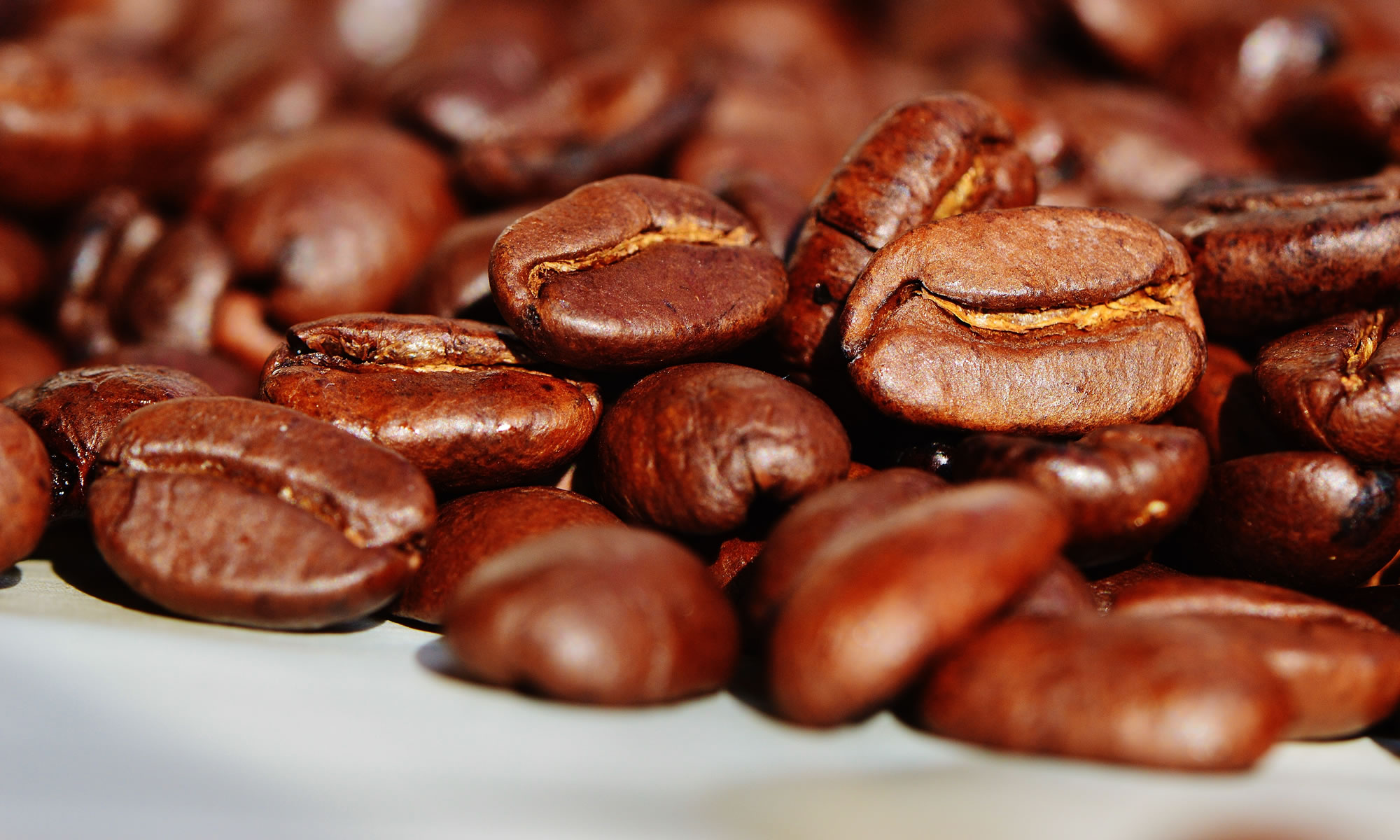When poaching eggs I use to use one of those poaching pans, you know the kind a frying pan that has four little “cups” into which you break your eggs over boiling water. The eggs come out as though they were a top sliced football.
Having once asked for poached eggs in a hotel and getting those that had been done in just a pan of simmering water, I knew that I would have to attempt to do it.
I was surprised by how easy it was and since then I have always poached my eggs in this way.
Simply put, bring a pan of water to the boil, I then stir the boiling water into a “spin” and crack the egg into the spinning vortex. Turn down the heat to a simmer.
At this point I put my halved bagel (or slices of bread) into the toaster when this is done then I know my eggs are done.
A lot of books I have read (and seen Chefs on the TV) say that you should add vinegar to the water to “stop the egg from breaking apart” as you cook it. Personally I don’t add vinegar as I find it has a minimal or negligible effect (in other words I have seen eggs break apart even with vinegar in the water) and it also adds a vinegar flavour to the egg. I certainly noticed this when I last had poached eggs in a hotel recently.
I find that actually the best thing is to use really fresh eggs, it is old eggs that fall apart when poaching and not the use of vinegar, however I may be wrong on this. Though as you can see in the picture of my eggs above, still nice and whole!



Thanks for this useful info I will never put up with a nasty vinegary egg again in the belief it was an essential part of the process. #revelation
The “Rolling Boil” is the key. Fresh Eggs should adhese in the vortex perfectly well; You should really only use vinegar (and then sparingly), if the Egg is older. Sorry, I’m a bit of a Poached Egg afficianado!